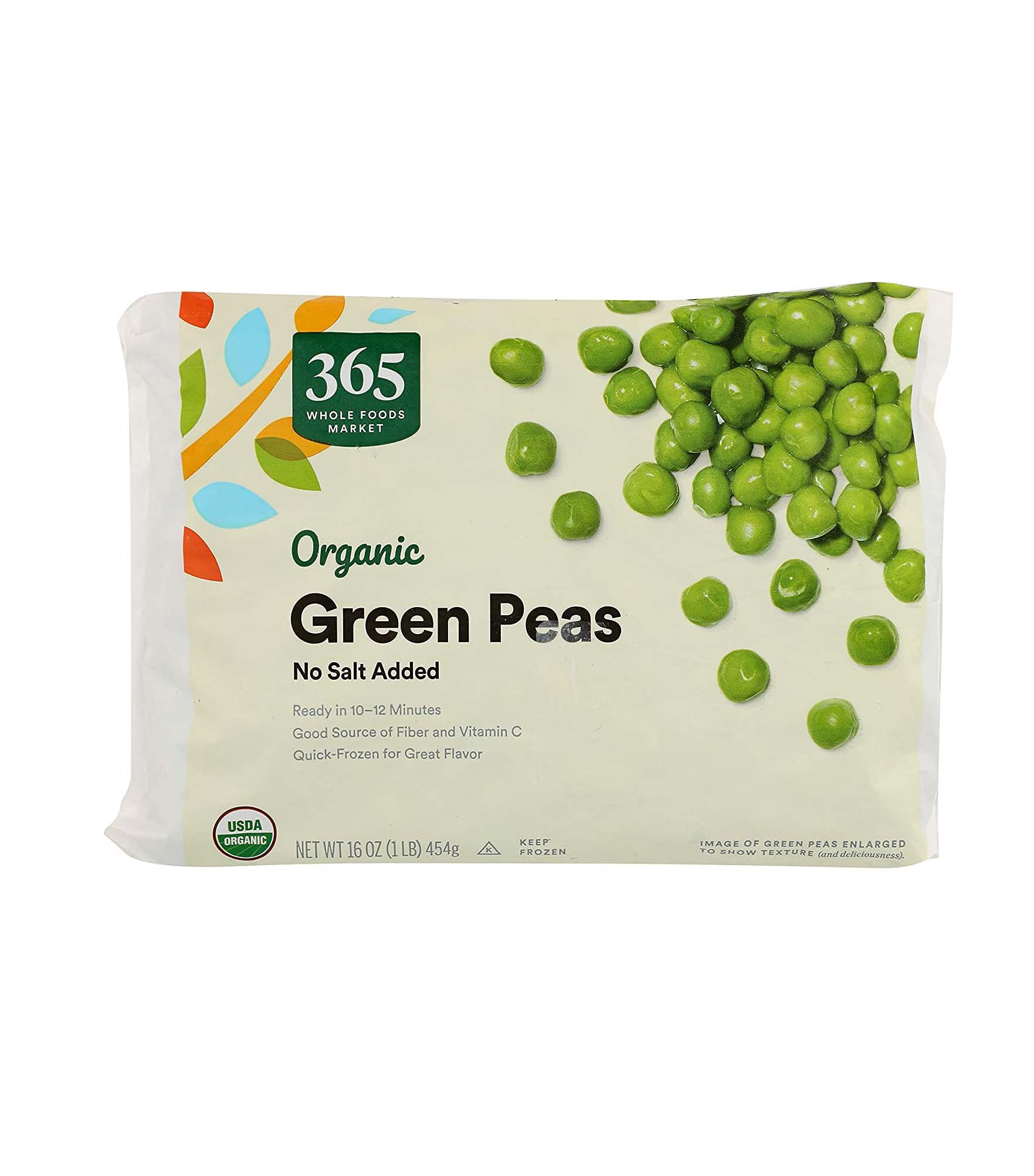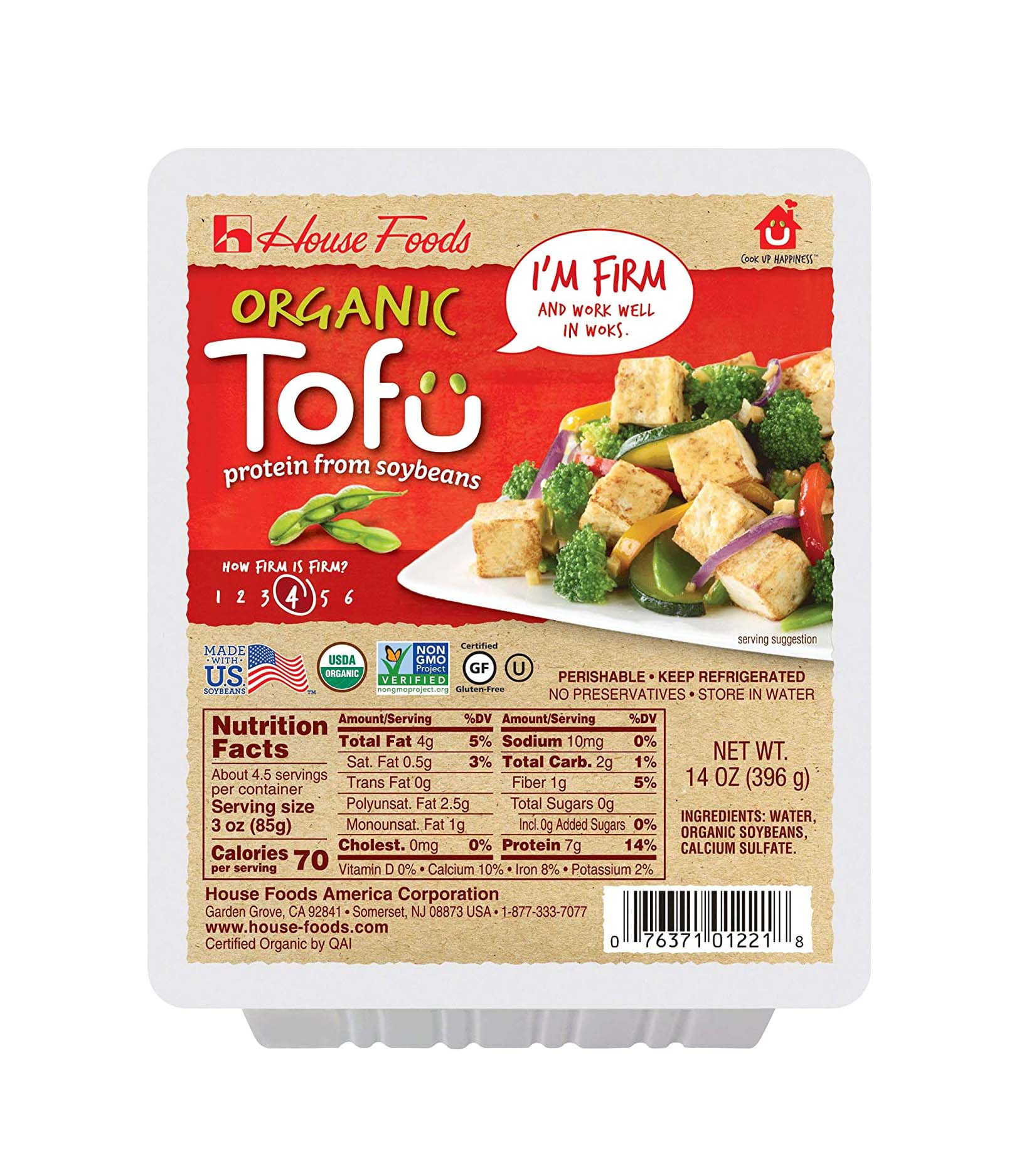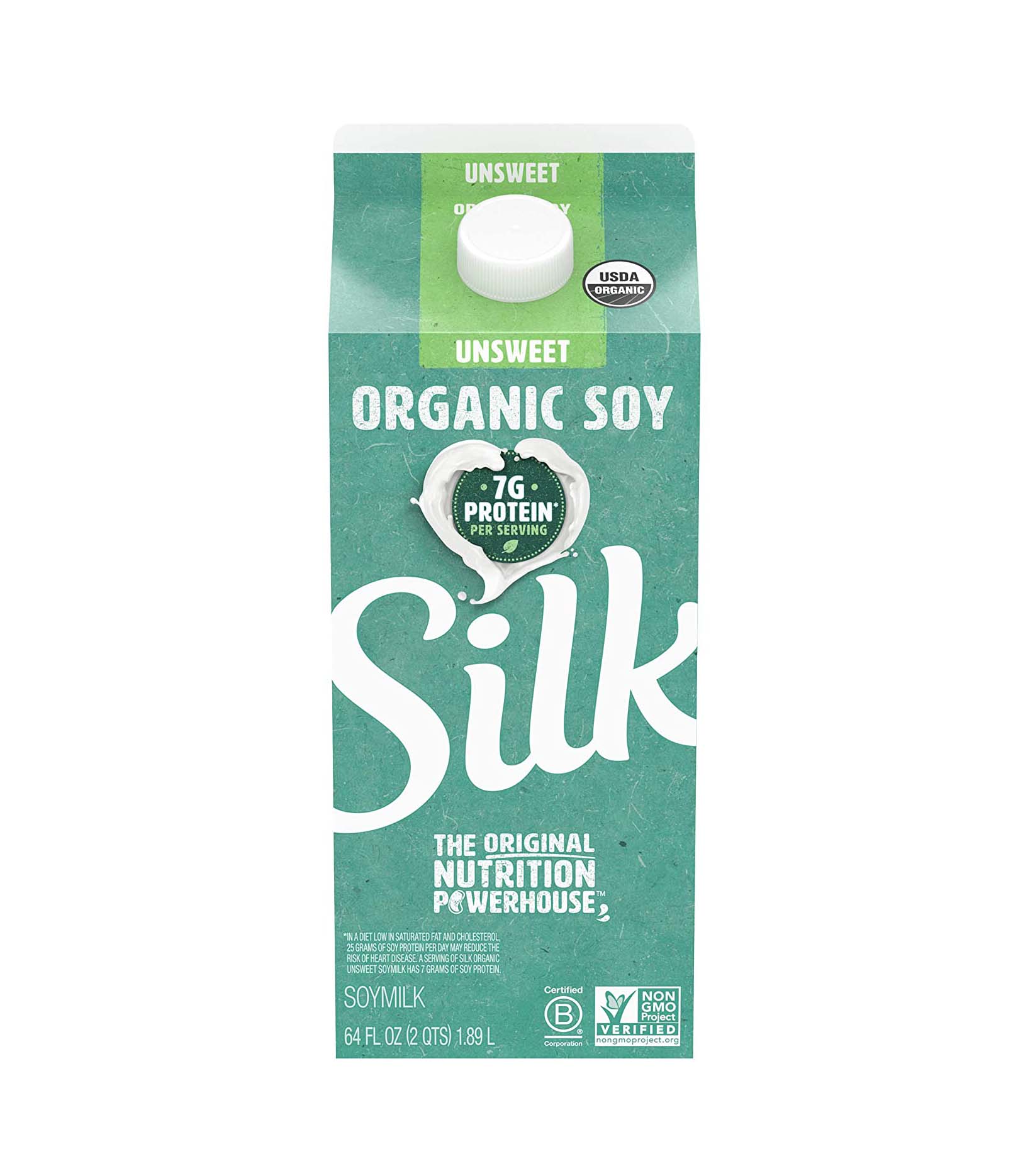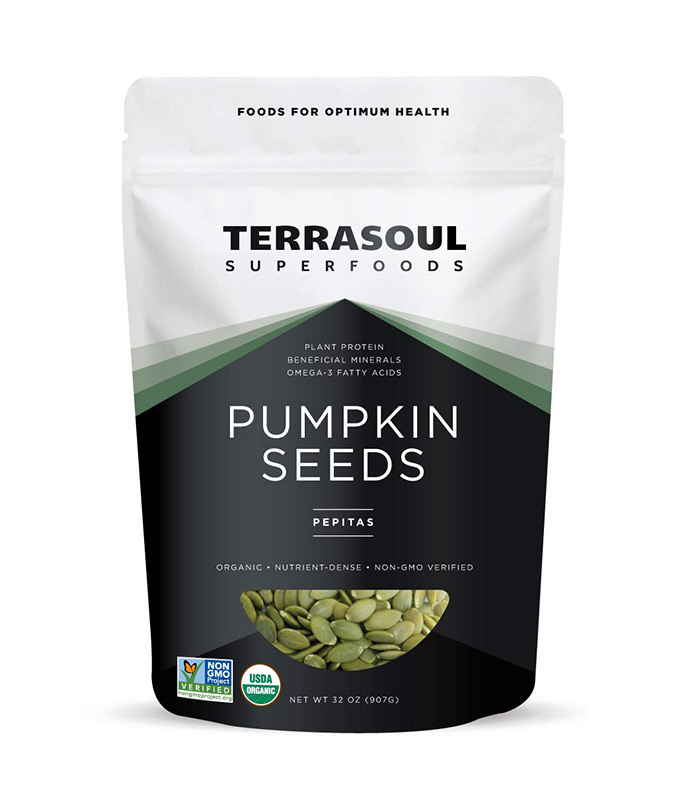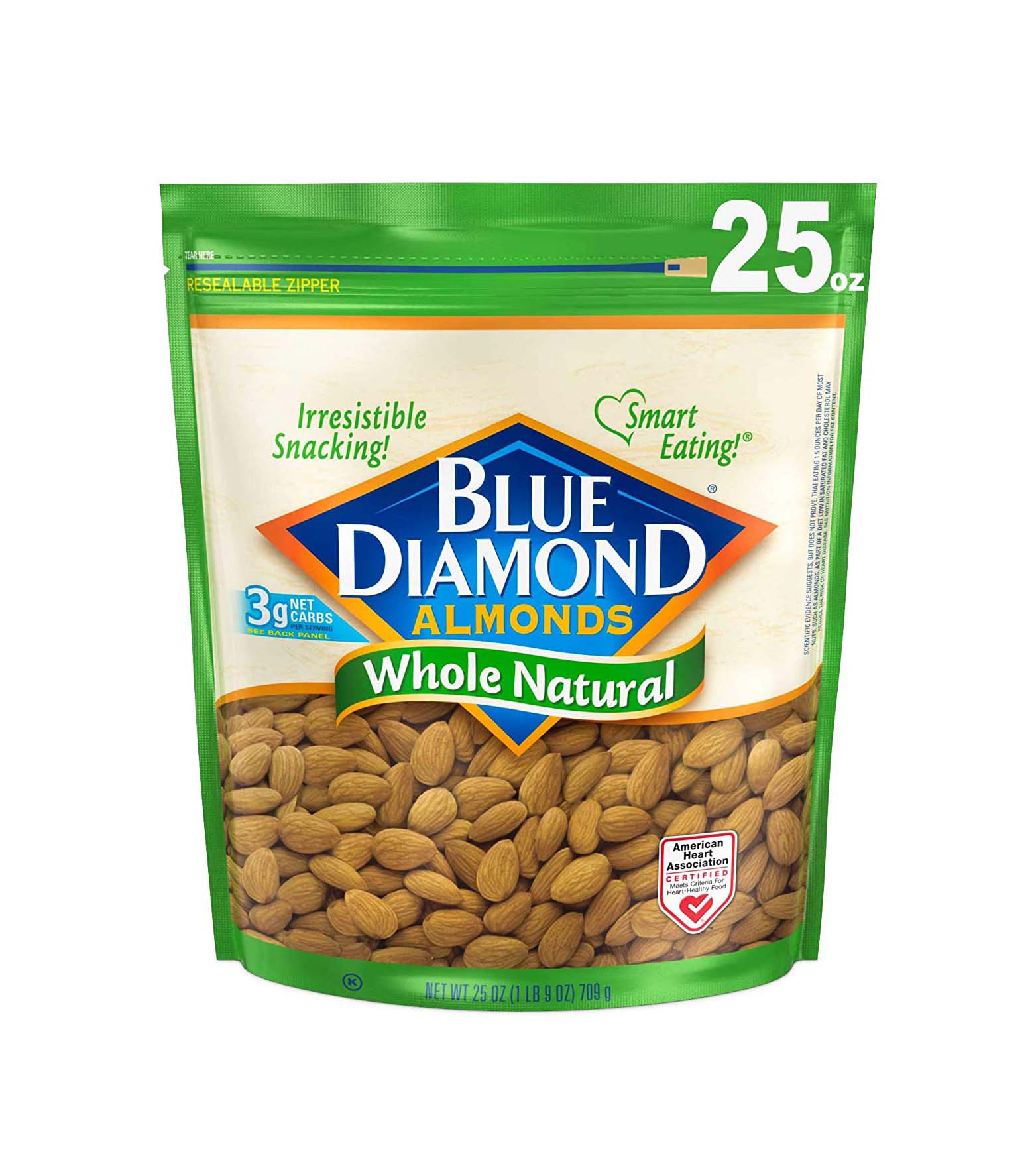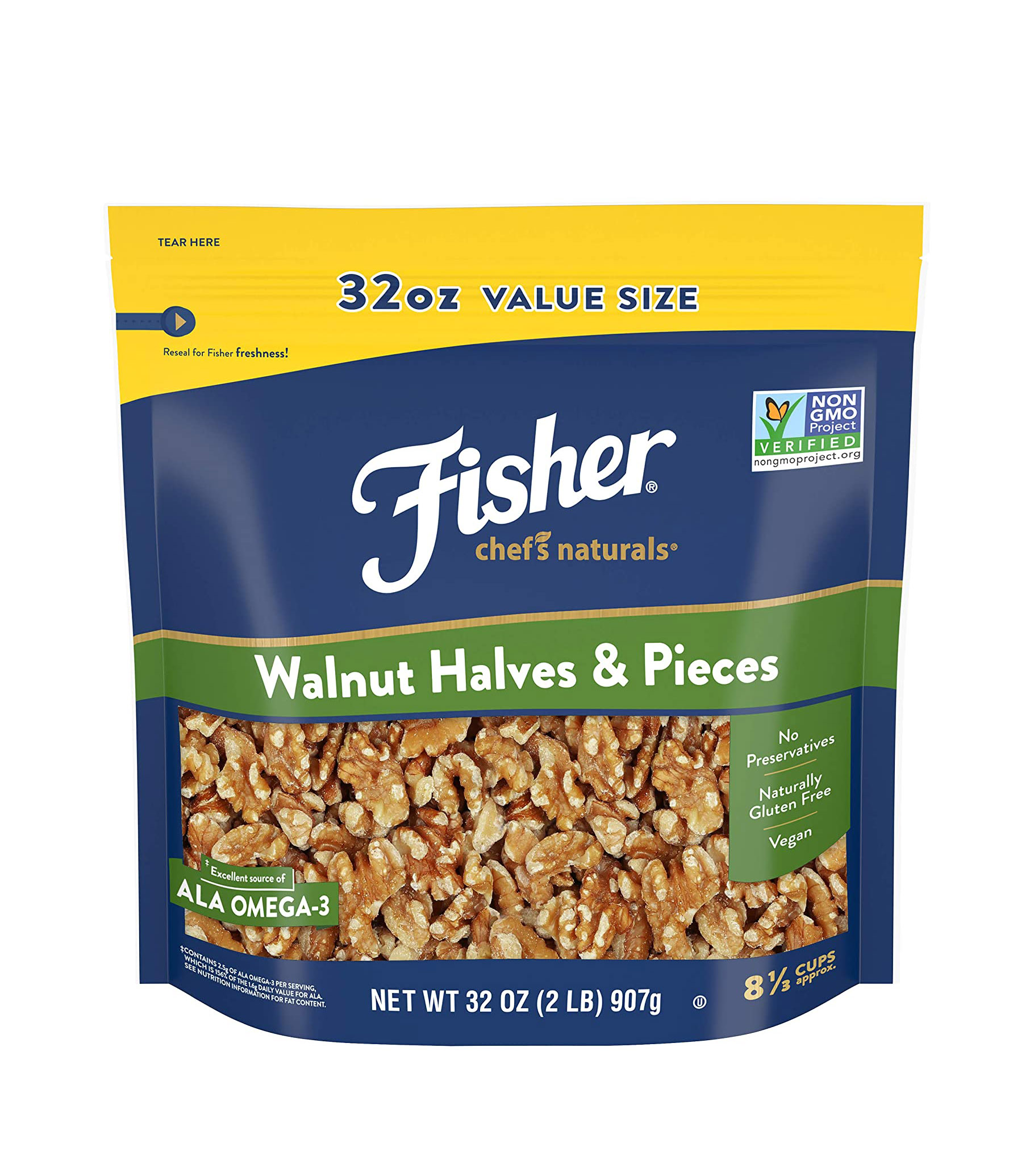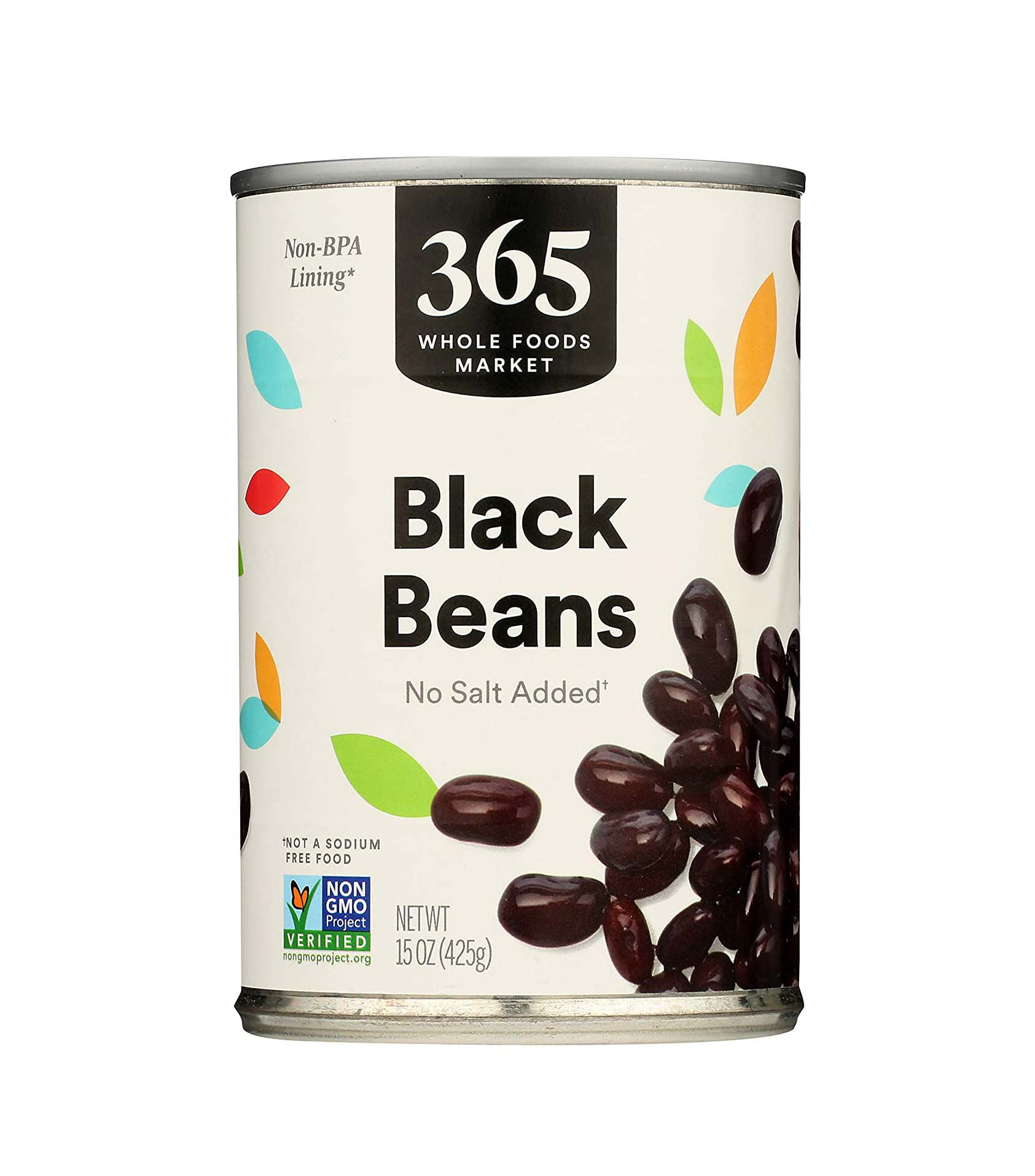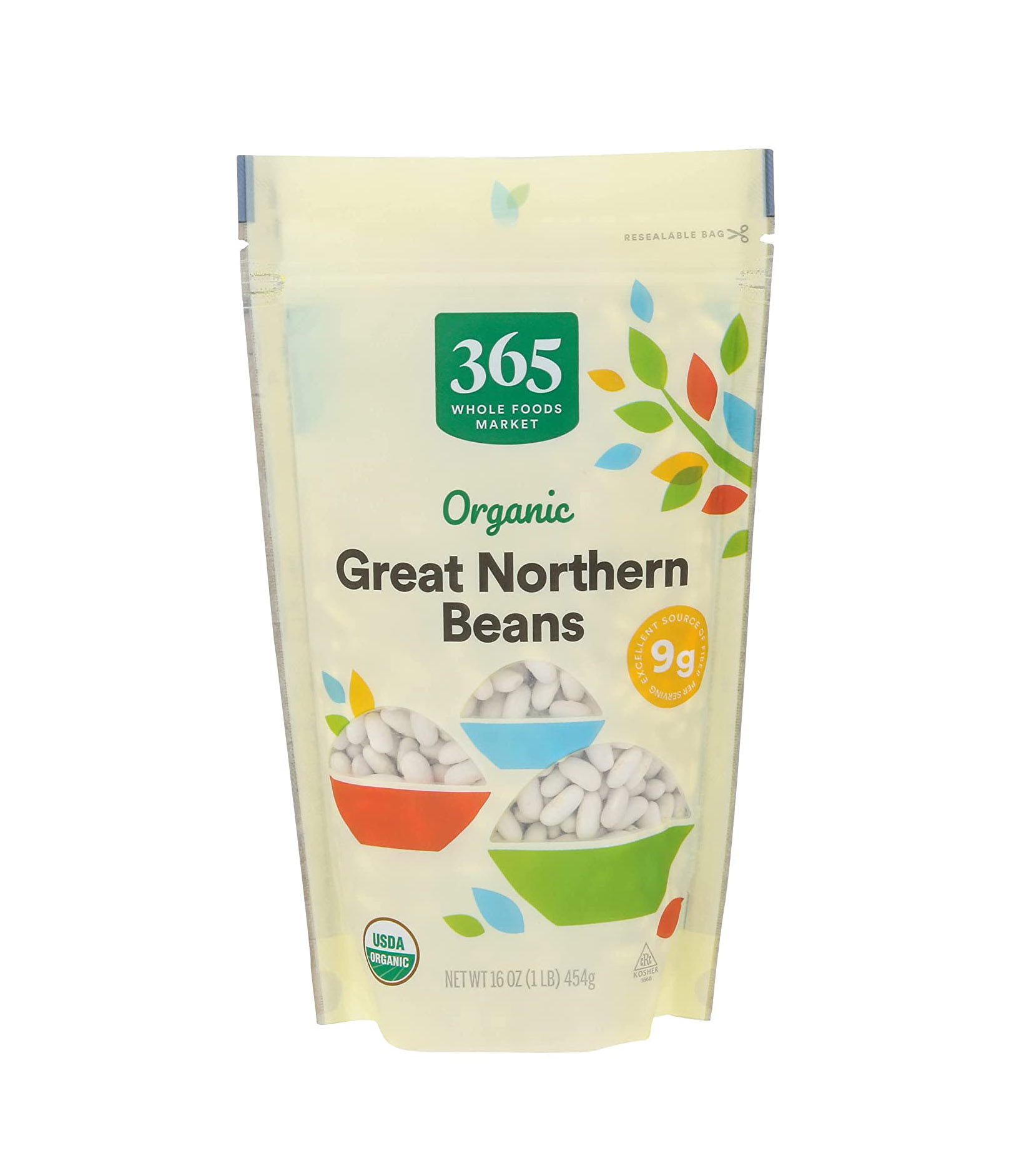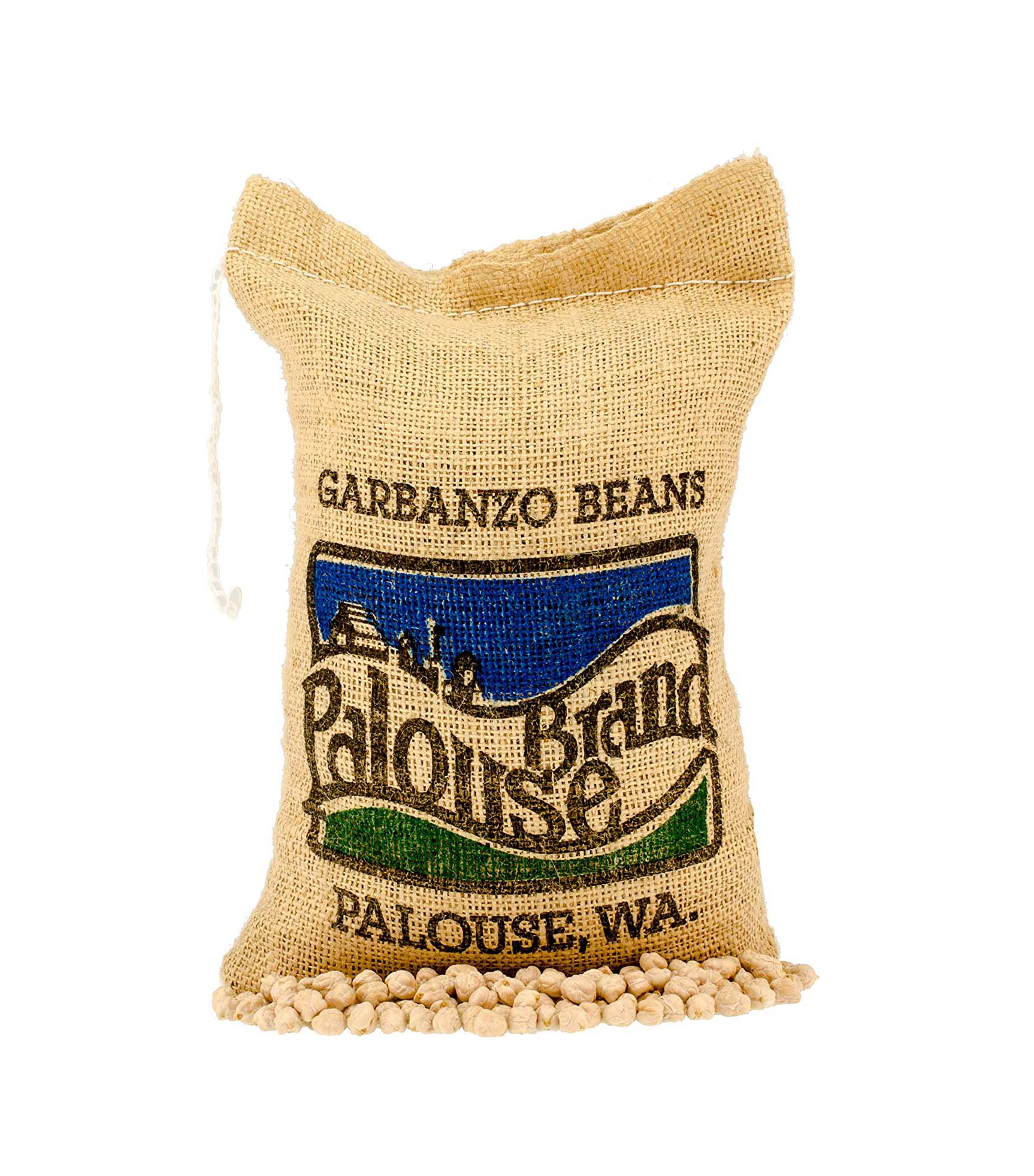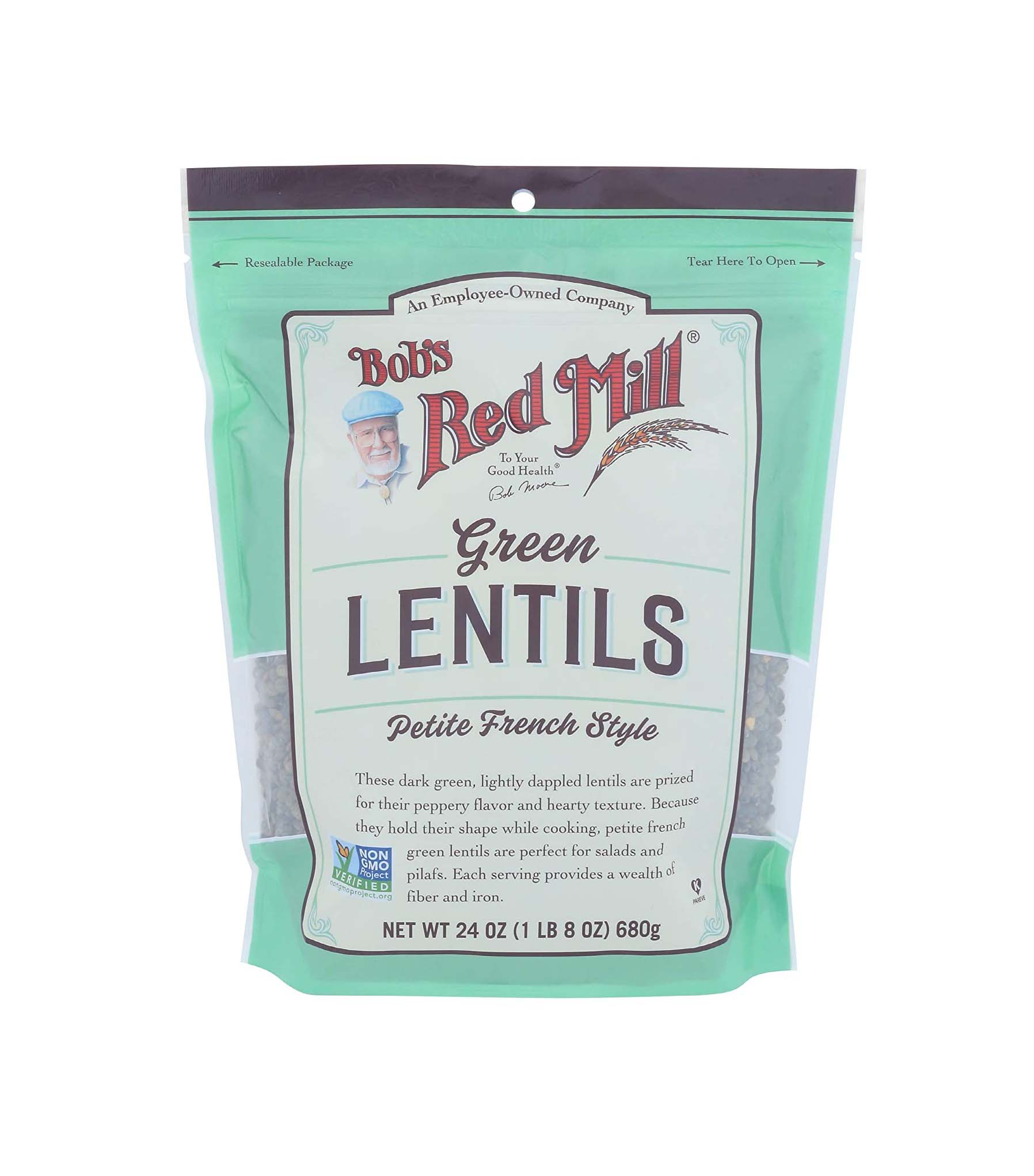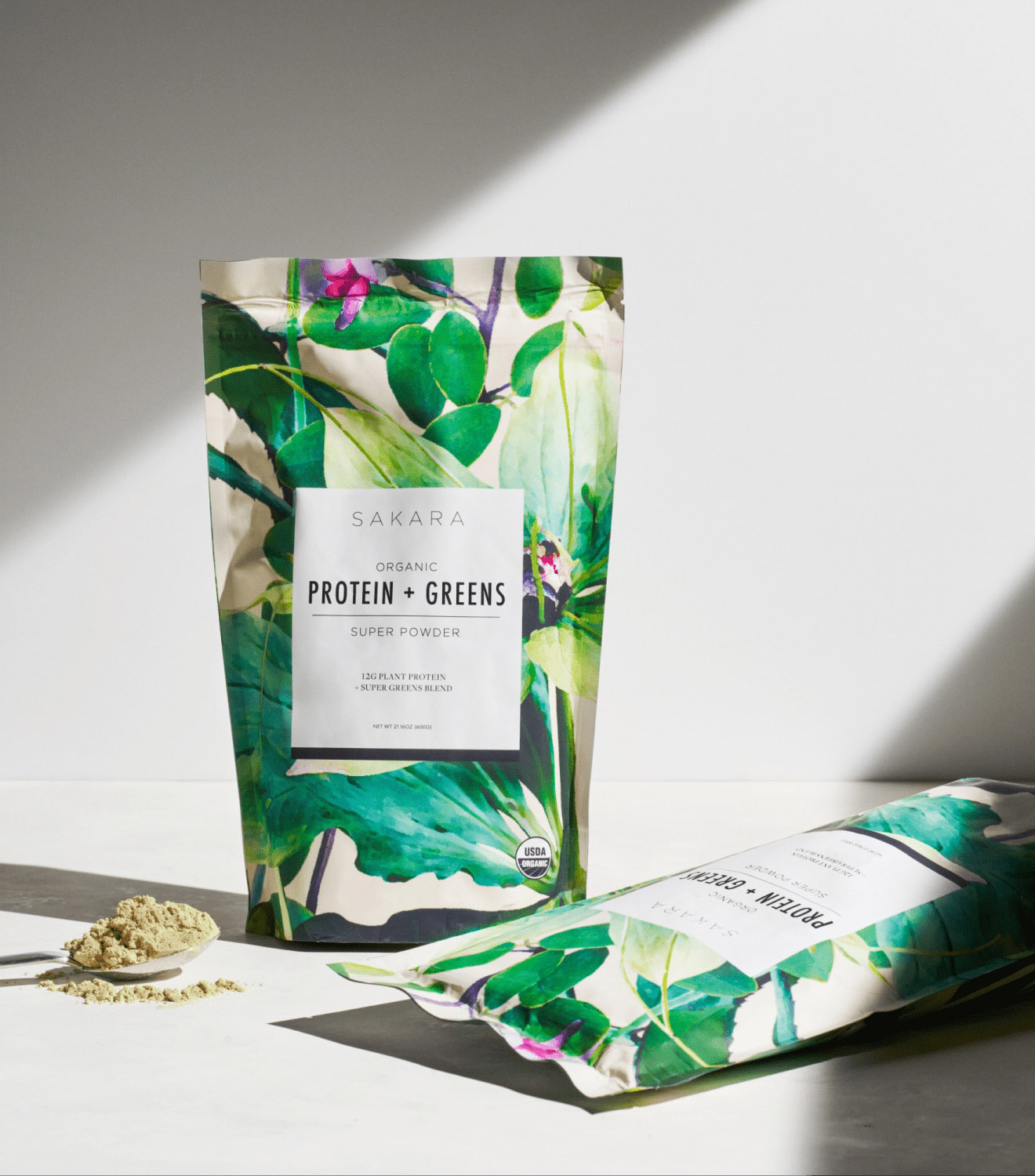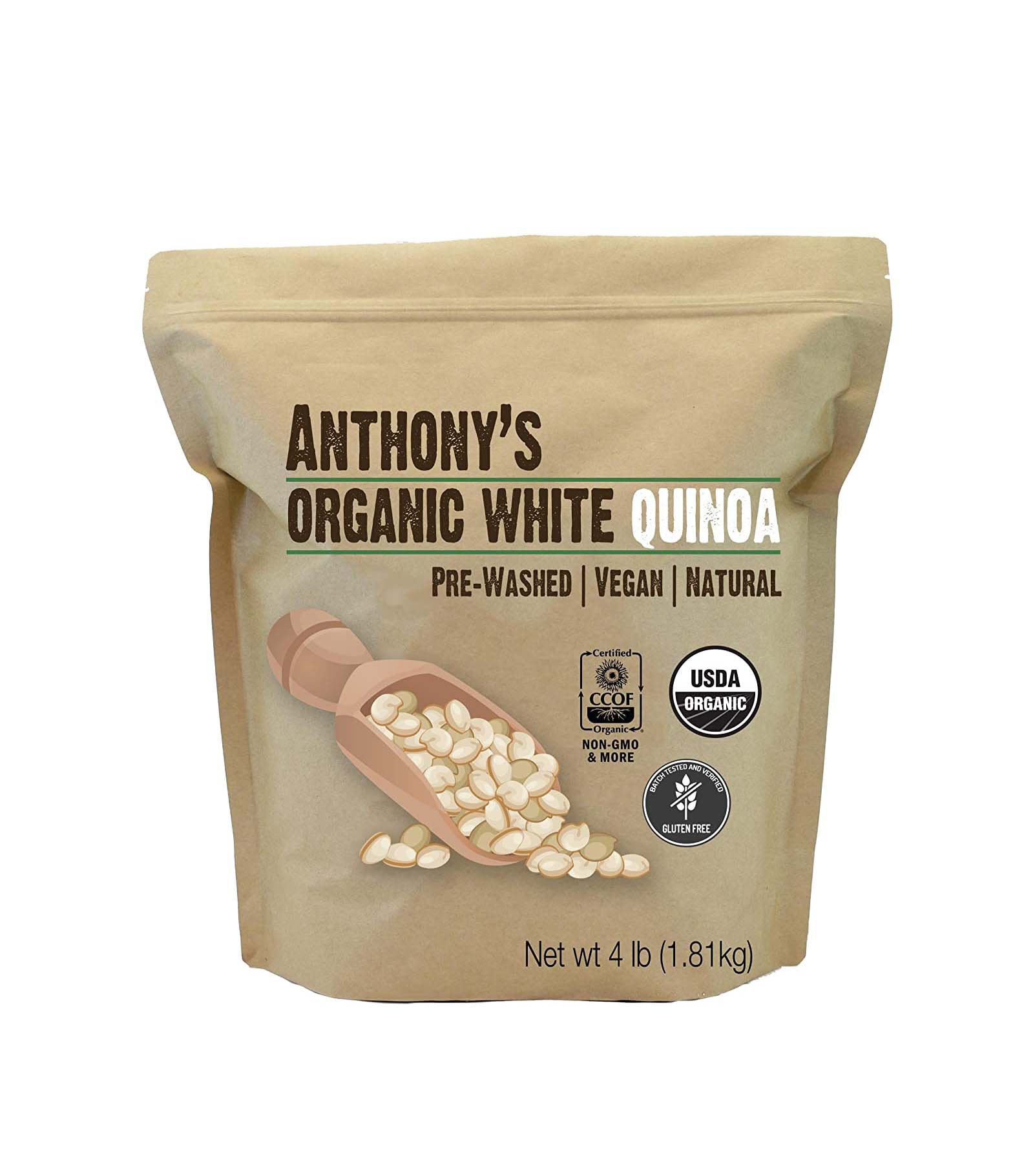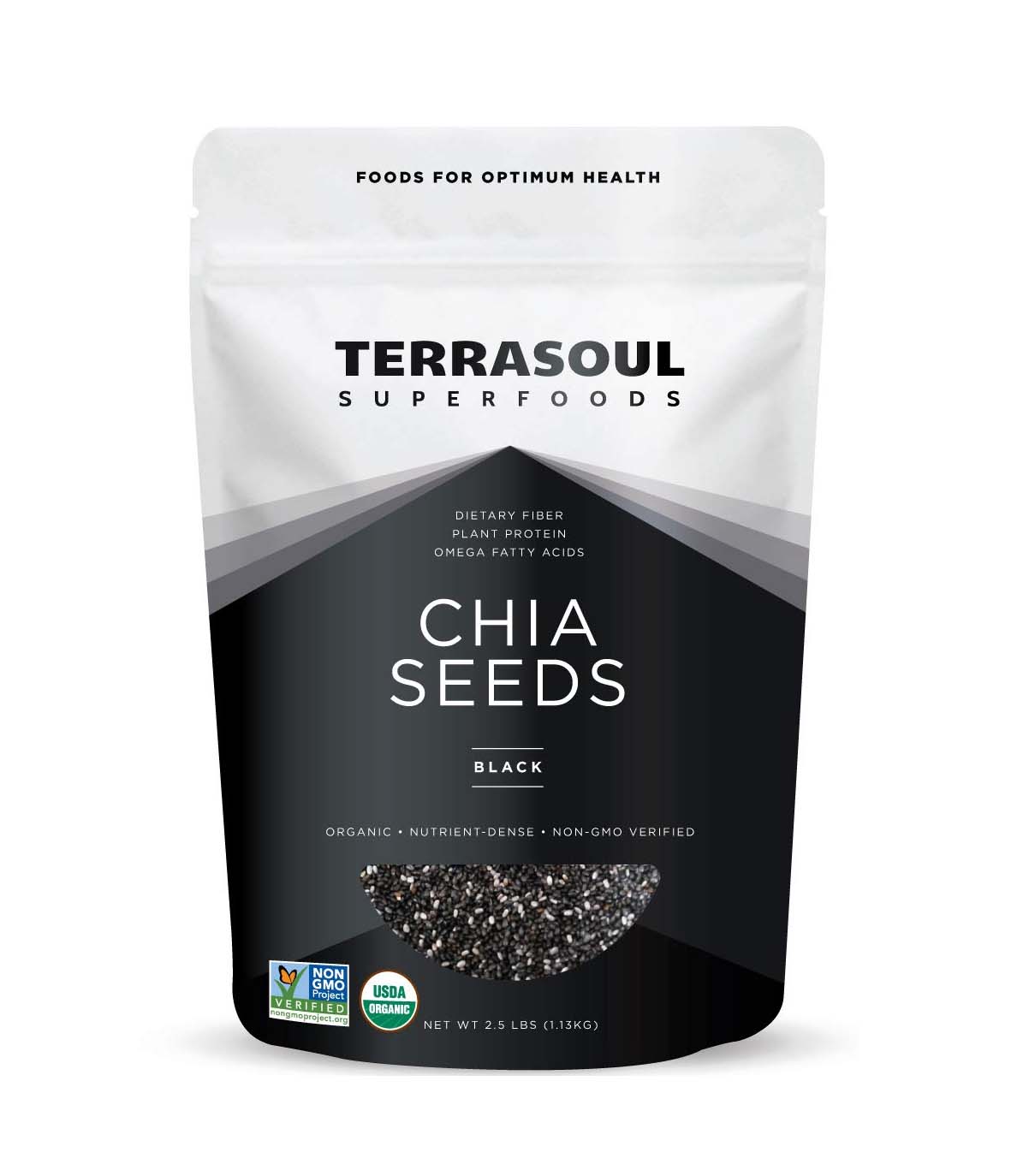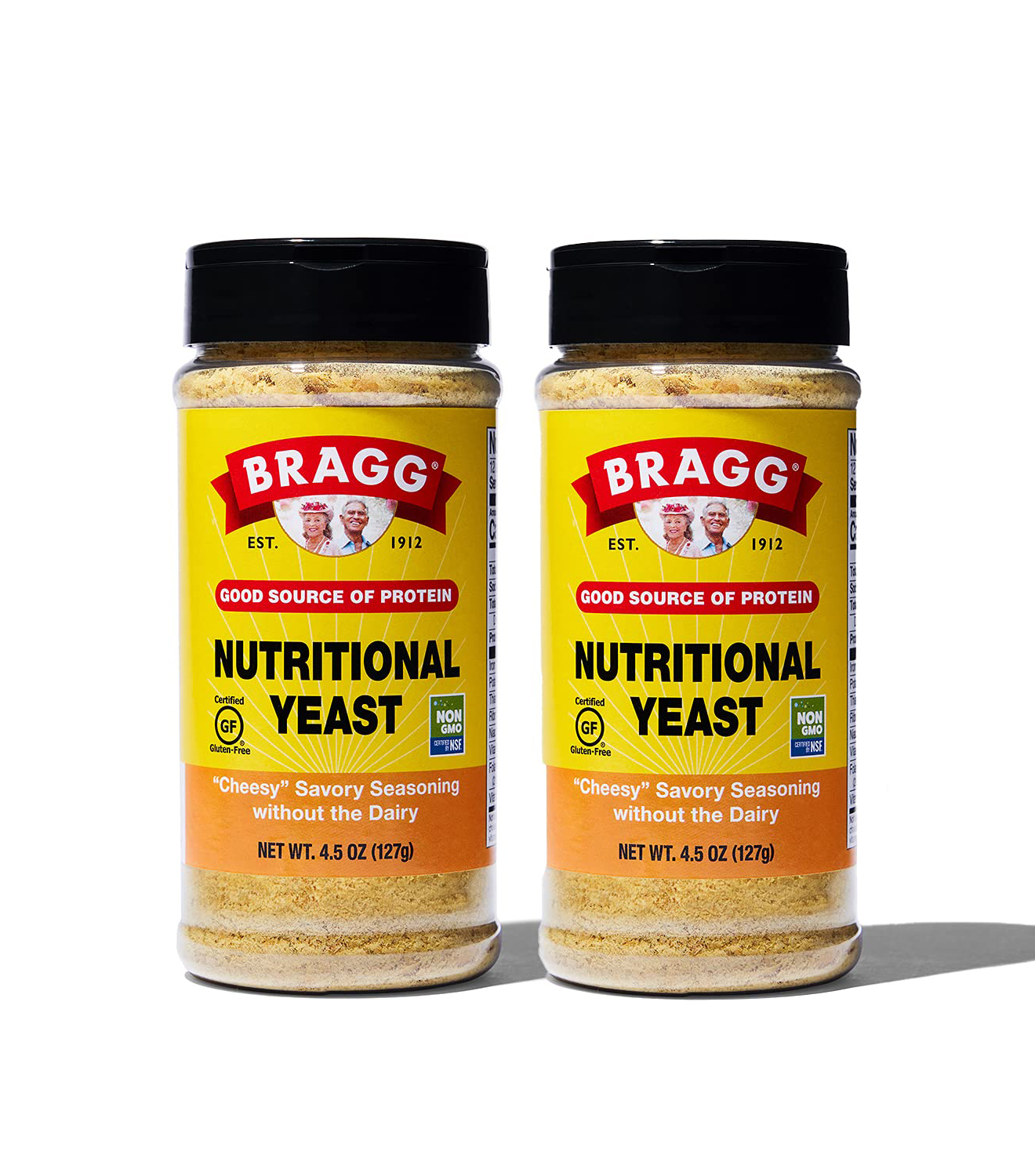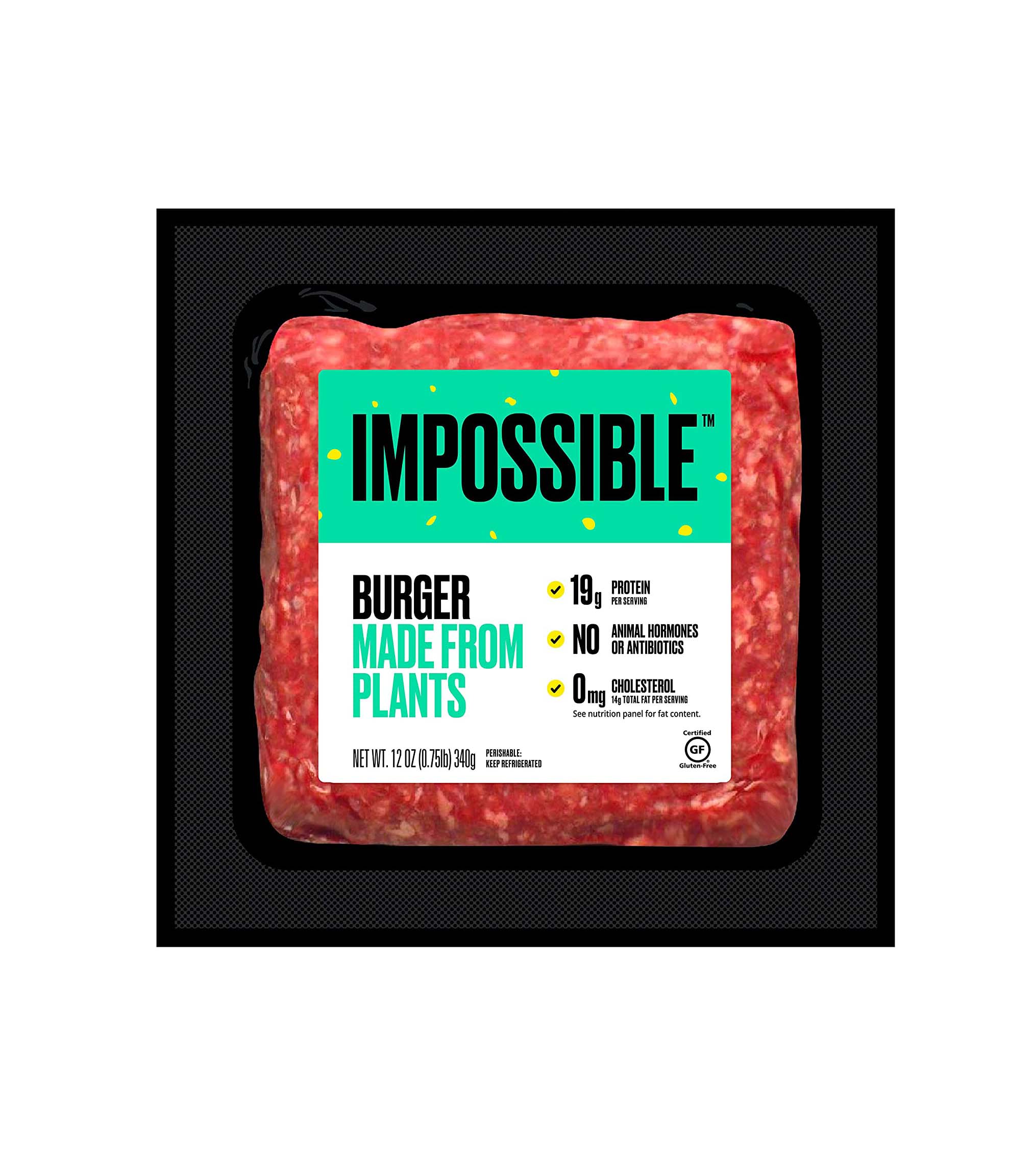12 of the Best Plant-Based Proteins Even Non-Vegetarians Should Eat

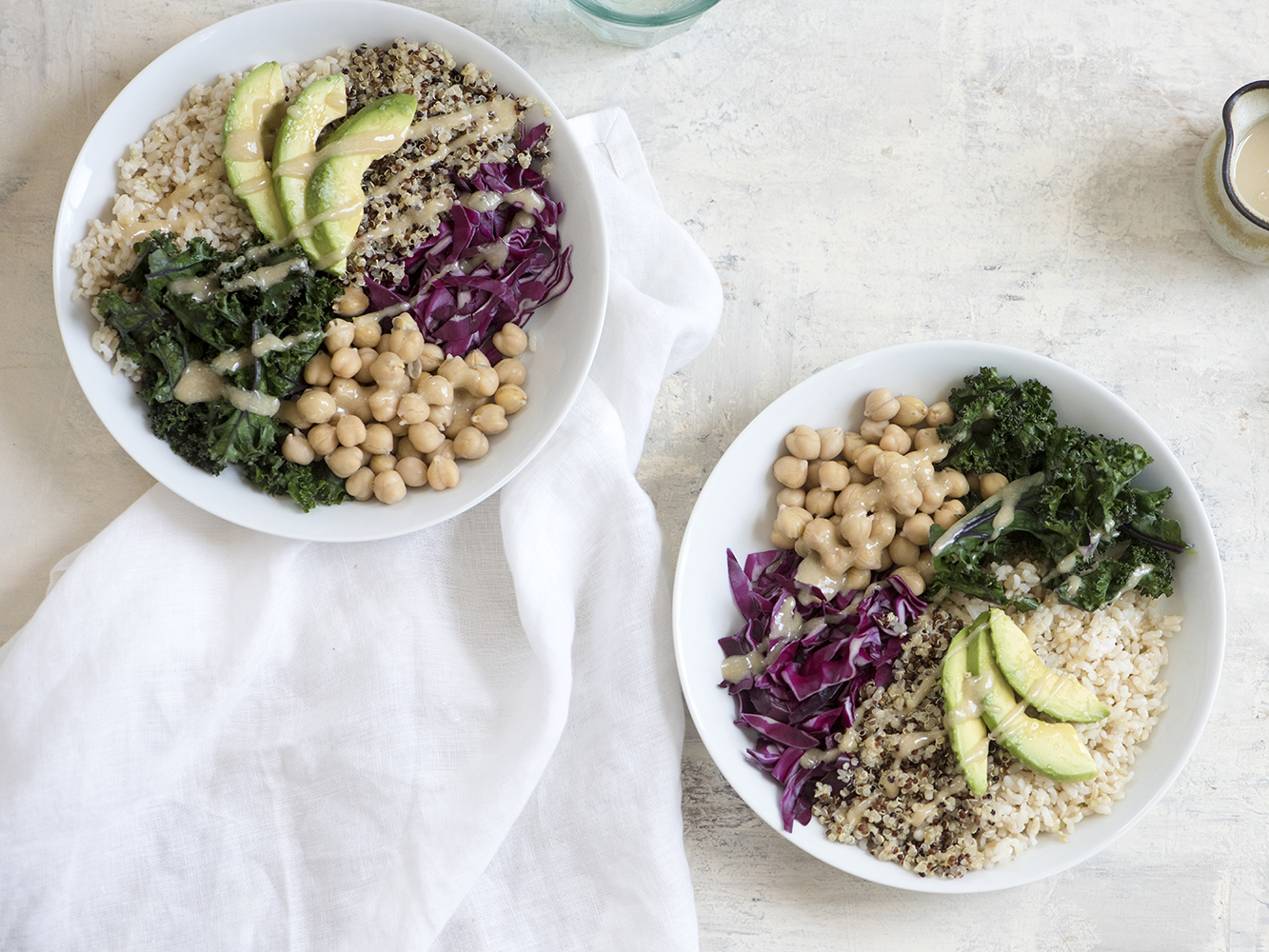
You might as well compare the importance of protein to the importance of water. It's just an everyday essential our bodies need to survive and thrive. You have to consume the proper amount of protein every day to do just about anything. Whether you're trying to boost your metabolism, lose weight, or give your body more energy, incorporating healthy amounts of protein into your diet is nonnegotiable.
Okay, so now that we've gotten that out of the way, let's address plant-based protein. We know—people are riding the no-meat wave hard these days more than ever before. Other than the fact that meatless meals have become such a "trend," we will say there are healthy ways to mix plant-based proteins into your diet that arguably do more good for your body than animal proteins. If you're trying to shed meat from your diet for ethical or health-conscious reasons, finding good sources of plant proteins rich in things like amino acids and vitamins is important.
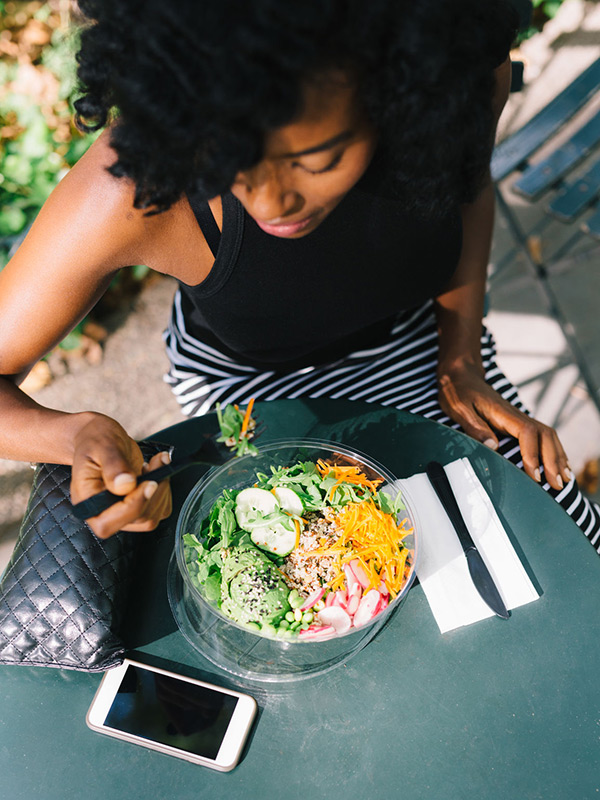
I'll quickly share my meatless testimony: I've been going meatless lately and have honestly never felt better. A nutritionist once told me to make vegetables the star of my meals. I began basing my meals on vegetables—some I'd never even tried before—and it's been amazing falling in love with new plant-based proteins that make me feel like I have my life together. I talked more about the best plant-based proteins with Trish Griffin, RDN, LD, and Jonathan Valdez, MBA, RDN, CSG, CDN, CCM, CDCES, ACE-CPT, owner of Genki Nutrition.
"The myth that plant proteins are incomplete, necessitating protein combining, has been well refuted," explains Griffin. "For example, pea protein alone contains all the essential amino acids necessary for human health, and by eating a variety of foods and meeting your calorie requirements, for vegan or vegetarian diets, complementary proteins are not necessary for a single meal or beverage. By eating an adequate amount of a variety of plant-based sources of protein, your body will attain all nine essential amino acids, supporting all vital functions that protein provides."
It's also important to call out that the explains that eating a variety of plant foods over the course of the day provides all our body's required amino acids.
Read on for Griffin's and Valdez's favorite plant-based proteins and some fun ways to incorporate these into your diet.
1. Peas
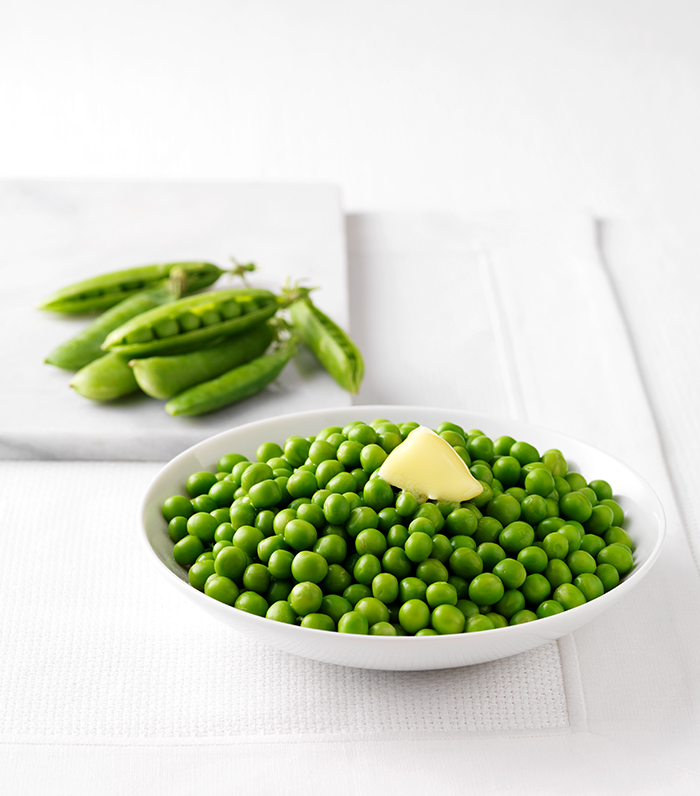
"Pea protein contains essential amino acids and has a high leucine content compared to most plant-based proteins," explains Griffin. "Leucine is the most important amino acid as it pertains to muscle growth, maintenance repair, and triggering muscles to make protein that may lead to improvements over time in lean body mass, strength, and body composition. Peas also contain a relatively high amount of the essential amino acid lysine, compared to other plant sources.
"Pea protein is utilized in all Evolve RTD Protein Shakes. The pea source is actually a yellow pea, which is low in fat and naturally cholesterol-free," she says.
Nutrition: 1 cup cooked peas = 5g protein
2. Soybeans
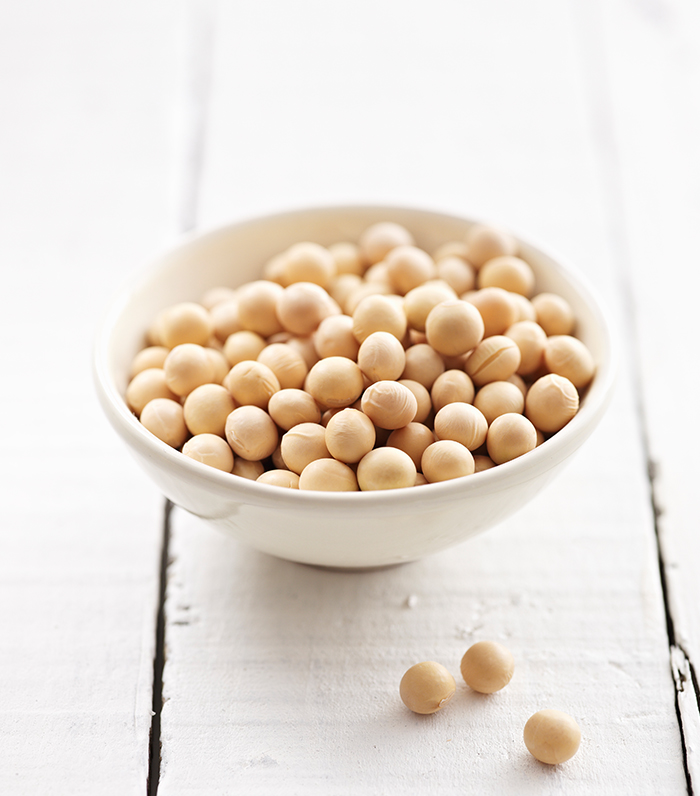
"Beans are good sources of protein and contain a relatively higher amount of lysine, compared to other plant protein sources," says Giffin. "Of all the beans, the soybean has the highest protein content. They contain all essential amino acids and a half-cup serving of soybeans provides as much potassium as a medium banana."
Valdez is also a big fan of soybeans and its benefits. "Coming from an Asian background, soy was a very popular dish in my house and continues to be a popular plant-based protein for me," says Valdez. "I love it because it has various uses. For example, soybeans can definitely be a wonderful snack on its own or in a salad.” Valdez also notes that soy contains lunasin, which is reported to have cancer-preventative properties and other inflammatory properties to regulate cholesterol metabolism. He also explains that soy has calcium, copper, magnesium, and vitamin B, which are all great to consume on a regular basis."
Nutrition: 1/2 cup cooked soybeans = 15g protein
3. Plant-Based Beverages
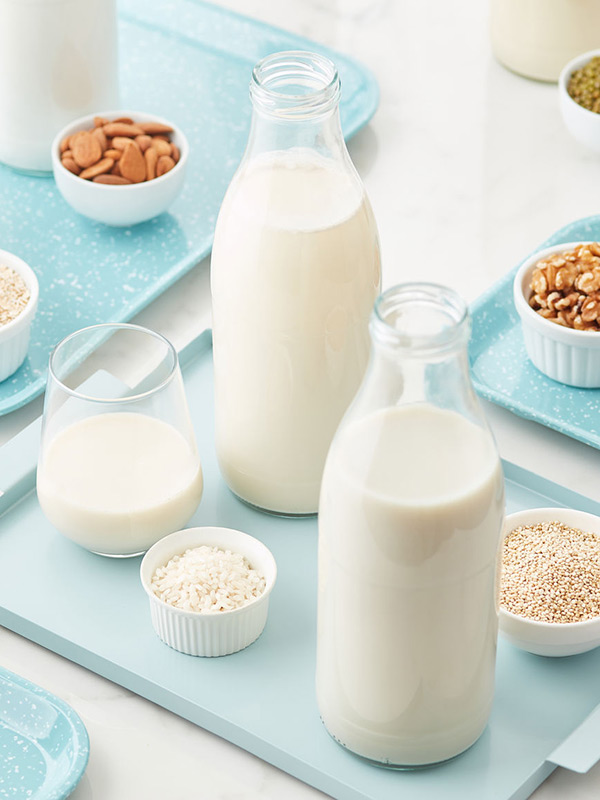
For the reasons above, Valdez loves soy milk as well. "Soy milk is a powerful plant base, which has about 6 grams of protein and can be used in various ways from baking, pancakes, or even smoothies," says Valdez. "This is definitely a perfect substitute for cow's milk for people who may have milk allergies or severe lactose intolerance."
4. Pumpkin Seeds
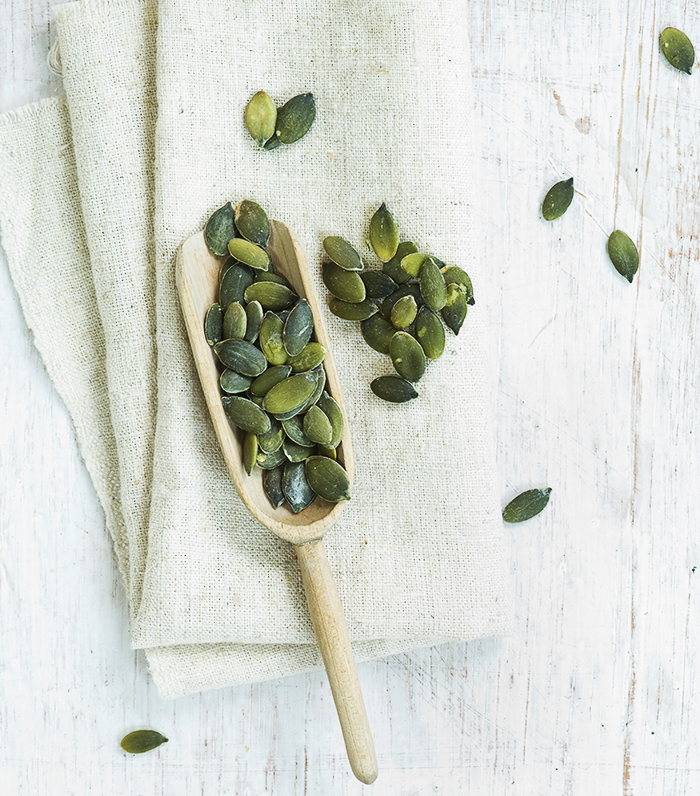
"Pumpkin seeds provide note only protein but also vitamin A, vitamin E, copper, magnesium, manganese, and zinc," says Griffin.
Griffin suggests incorporating this festive seed into your meals by adding them to sautéed vegetables, hot or cold cereal, healthy cookies, and veggie burgers.
Nutrition: 1/2 cup roasted pumpkin seeds = 9g protein
5. Almonds and Walnuts
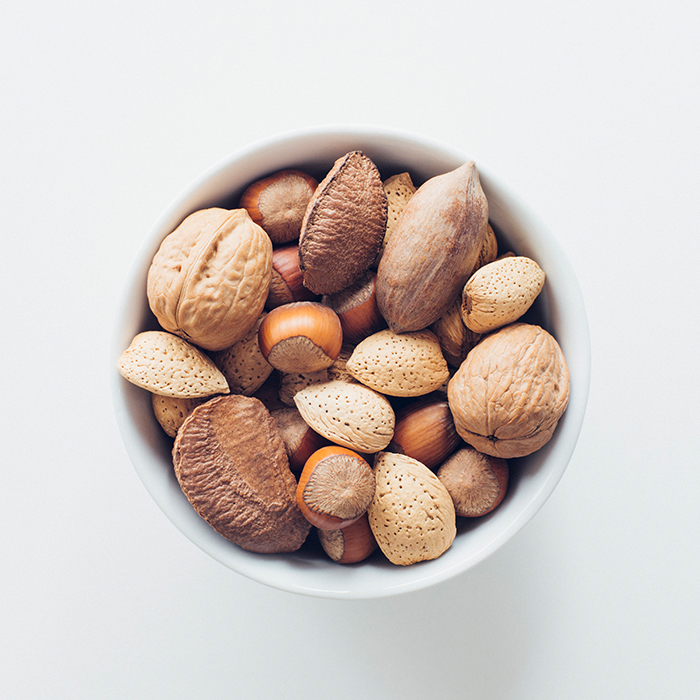
"I add these beautiful nuts to my smoothies in the morning along with my walnuts. It's a great healthy fat and gives the smoothie a creamier taste," explains Valdez, who also says that almonds are an excellent source of vitamin E, which acts as an antioxidant and prevents cell damage to the skin, as well as magnesium, manganese, niacin, and vitamin B2. He also says that walnuts have high levels of omega-3 fatty acids, which lowers the risk of cardiovascular diseases.
Nutrition: 1 oz. almonds = 6g protein
6. Beans
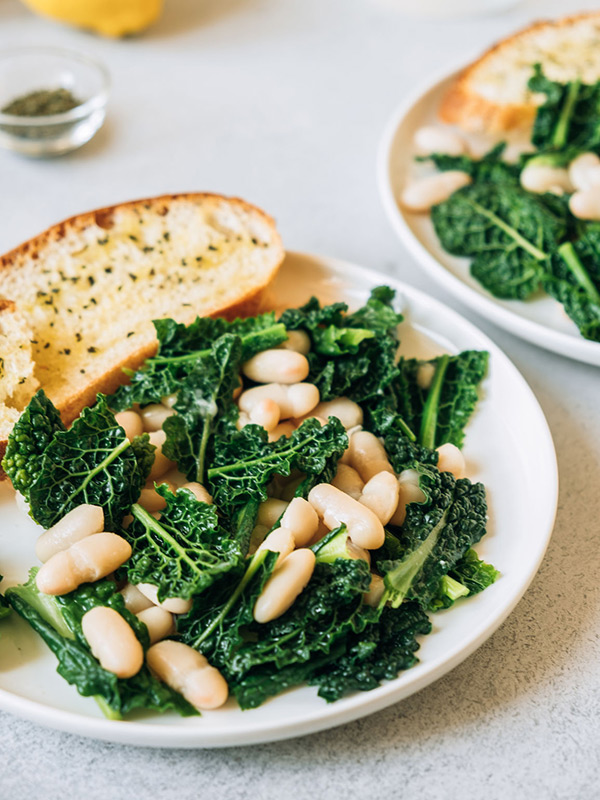
According to Harvard Health, the richest source of plant-based protein is the legume family, which includes beans of all kinds.
7. Chickpeas
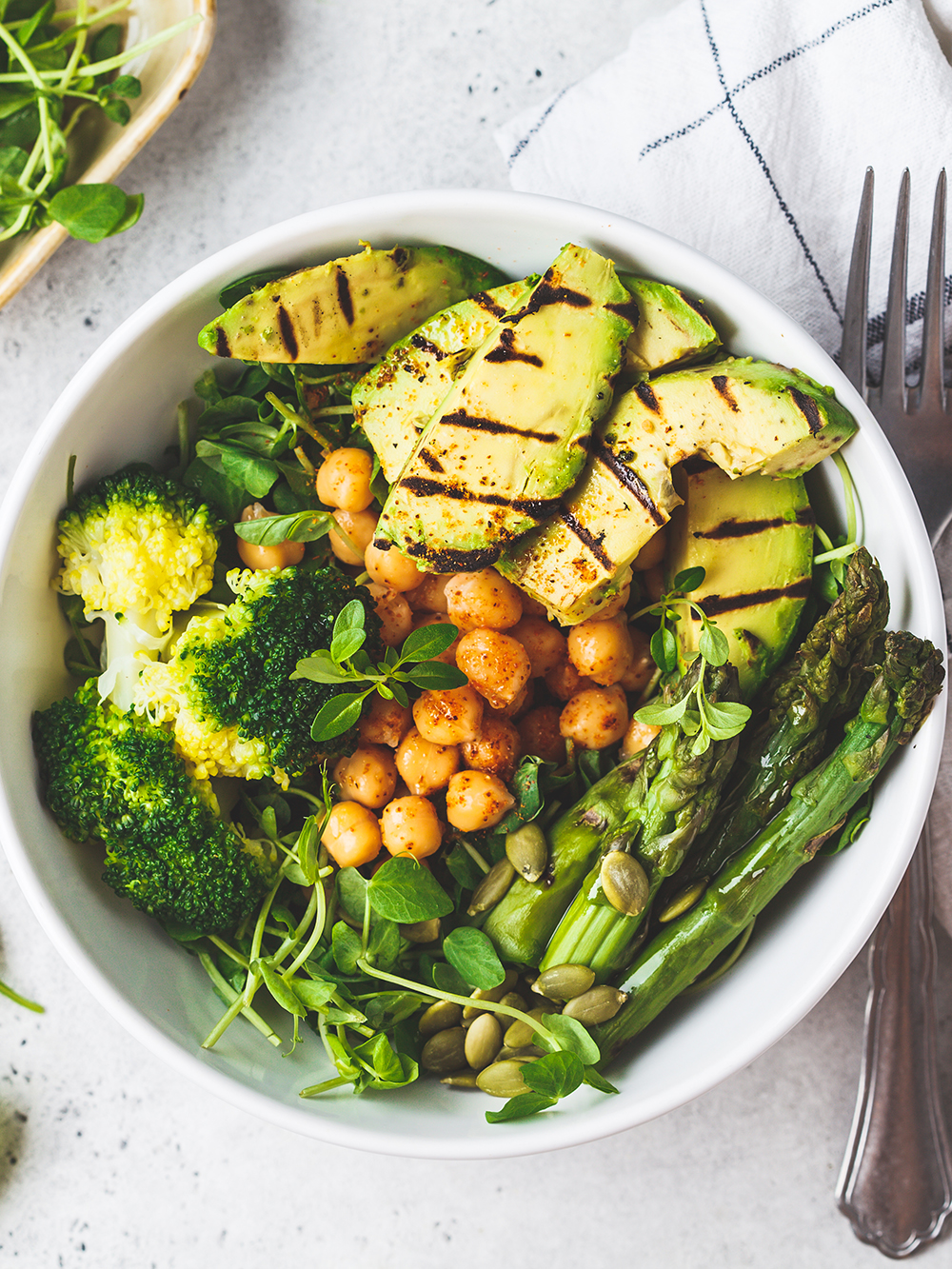
Not only are chickpeas packed with proteins, but they're also a great source of carbohydrates, fiber, B vitamins, and some minerals, according to Harvard Health.
8. Lentils
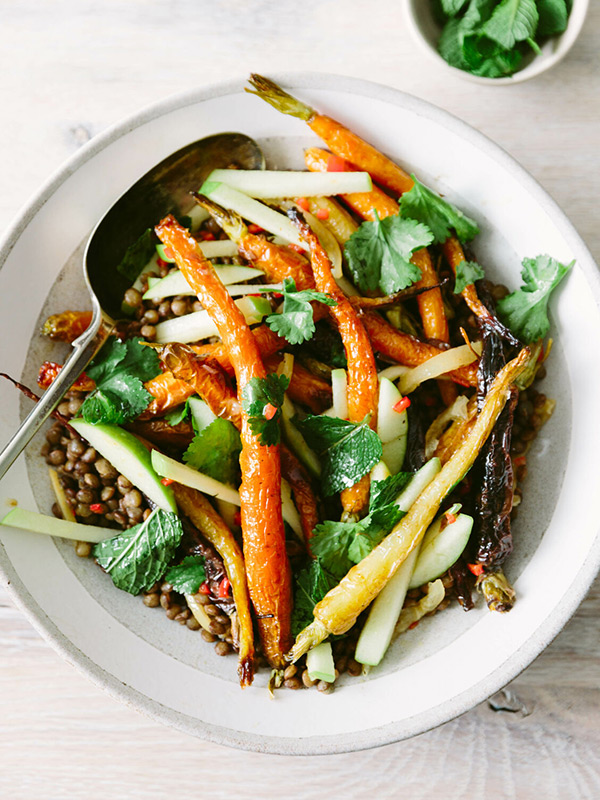
The Cleveland Clinic says that by adding a half-cup of lentils to your meal, you'll be adding 12 grams of protein. Any lentil will work here: green, brown, or red.
9. Grains
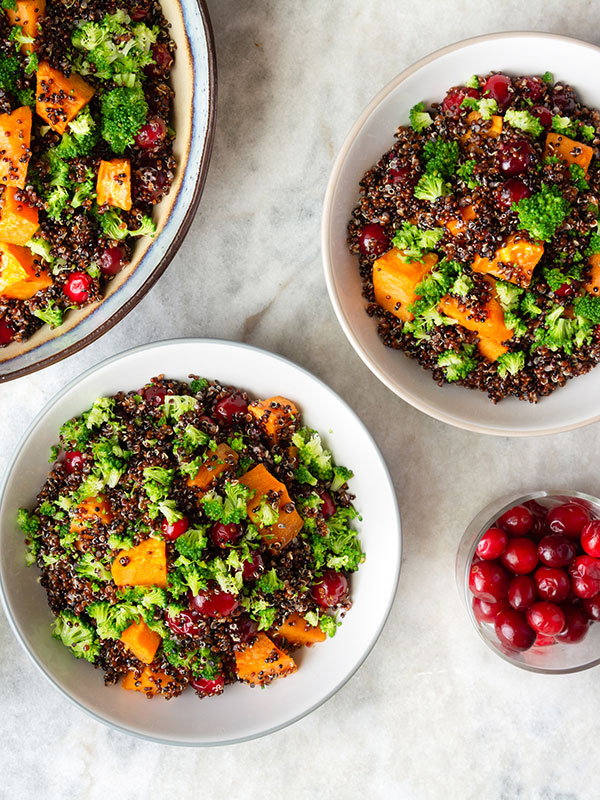
Grains like quinoa are packed with protein. According to The Cleveland Clinic, a half-cup serving of oats adds 5 grams of protein and a quarter-cup of uncooked barley or quinoa equals 5 to 6 grams of protein.
10. Chia Seeds
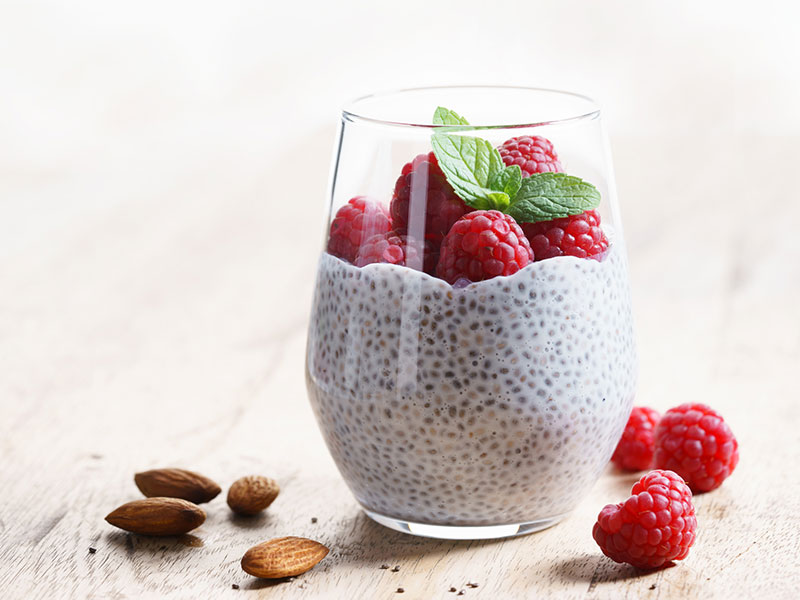
Two tablespoons of chia seeds contain 4 grams of protein. They're also rich in fiber, calcium, and zinc.
11. Nutritional Yeast
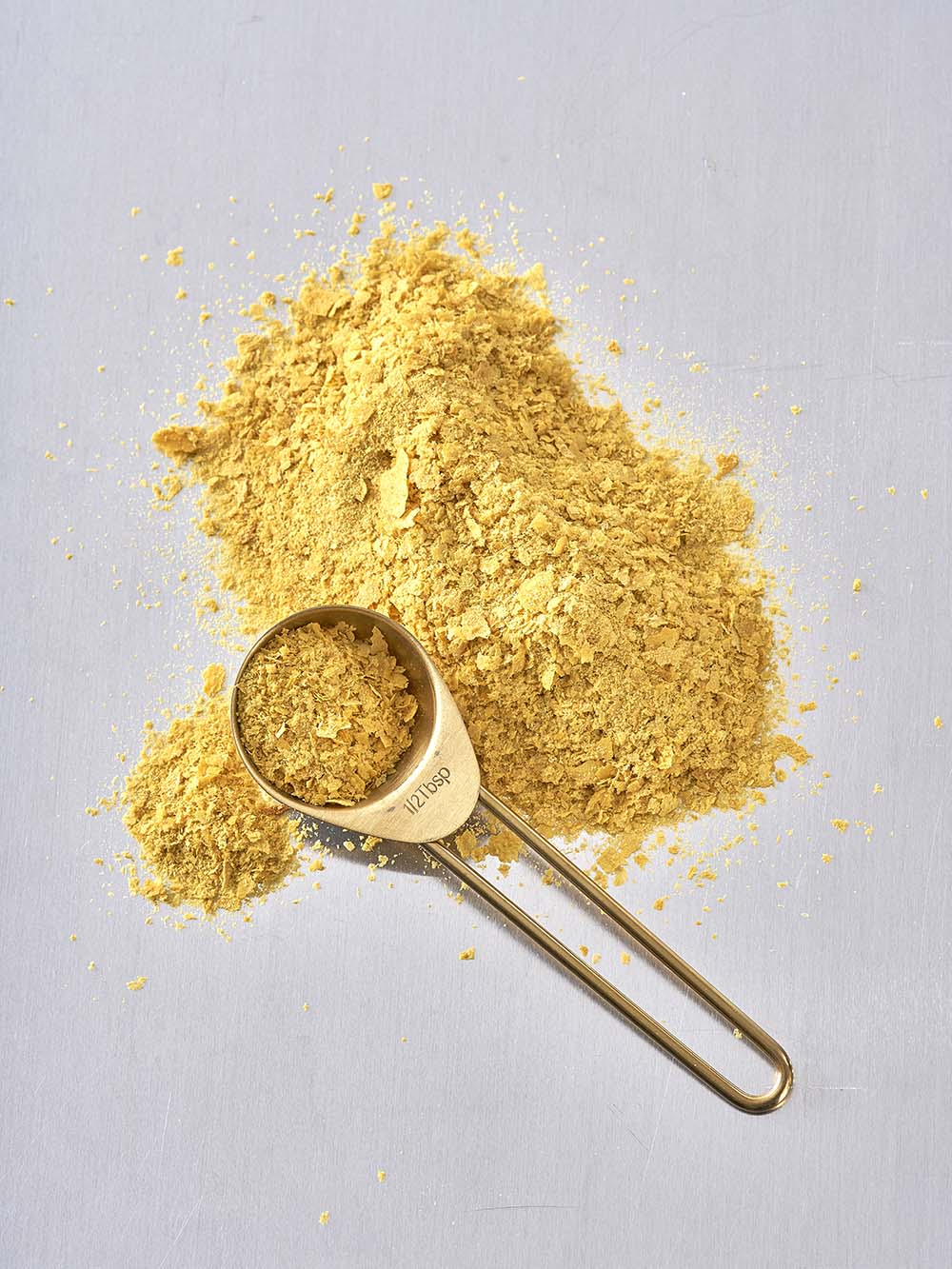
You can add nutritional yeast to a lot of dishes and snacks, like popcorn, pasta, and sauces. One tablespoon of nutritional yeast equals two grams of protein, according to The Cleveland Clinic.
12. Plant-Based Meats
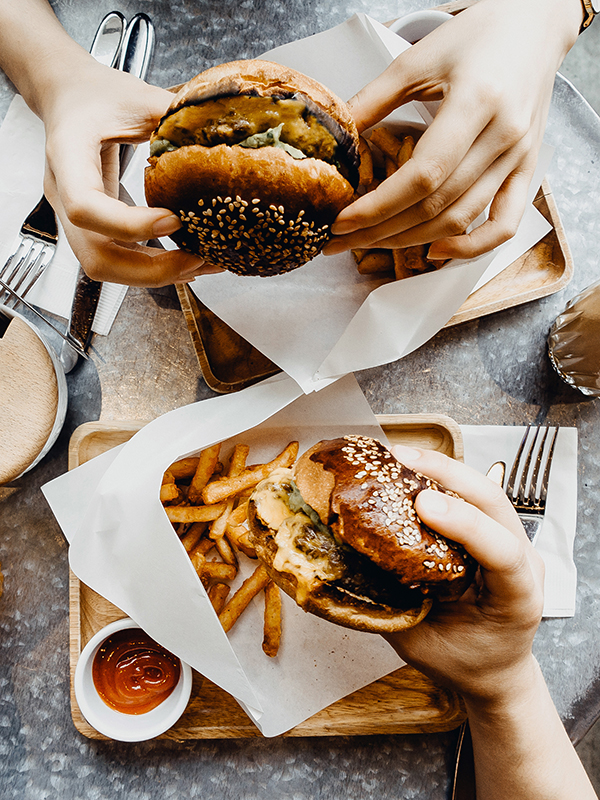
If you're just getting started with a plant-based lifestyle, you can try the many alternative meat options out there. Take a look at the ingredients list to see what else is added.
This article was originally published at an earlier date and has since been updated.
Next: The Pros and Cons of Veganism, According to a Dietitian
Disclaimer
This article is provided for informational purposes only and is not intended to be used in the place of advice of your physician or other medical professionals. You should always consult with your doctor or healthcare provider first with any health-related questions.
-
 This Founder Shares Why We Should Start Celebrating Rest
This Founder Shares Why We Should Start Celebrating RestBurnout is nothing to be proud of.
By Kia Topps
-
 I Asked J.Lo's Trainer for His Very Best Fitness Tips
I Asked J.Lo's Trainer for His Very Best Fitness TipsGunnar Peterson has thoughts on how to get moving this season.
By Kia Topps
-
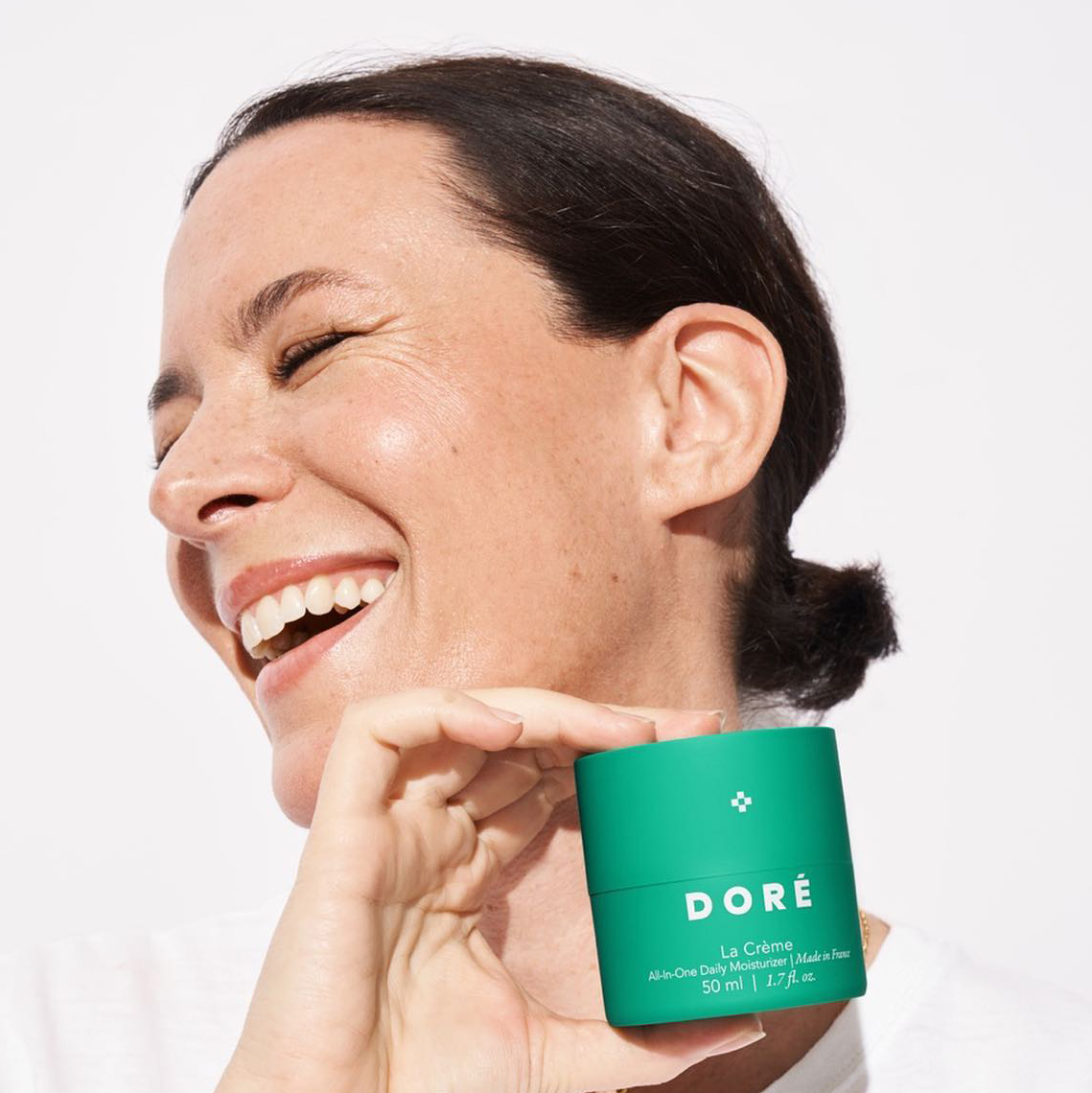 This Style Influencer Turned Founder Shares Her Favorite Ways to Start the Day
This Style Influencer Turned Founder Shares Her Favorite Ways to Start the DayA morning routine from London.
By Candice Aman
-
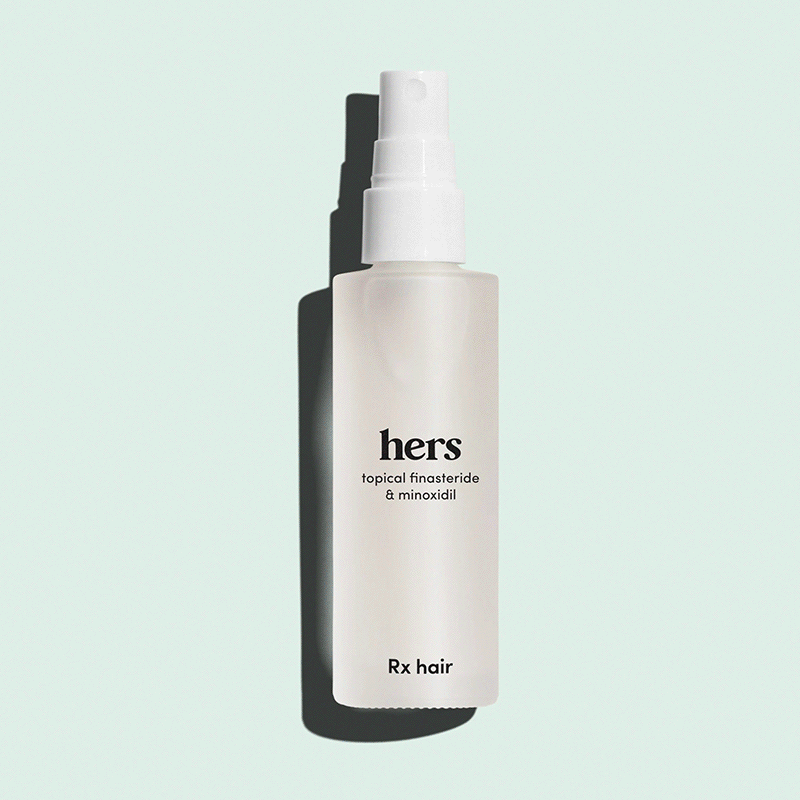 13 Products That Will Step Up Your Self-Care Game From Home
13 Products That Will Step Up Your Self-Care Game From HomeGet that glow from within.
By Natalie Gray Herder
-
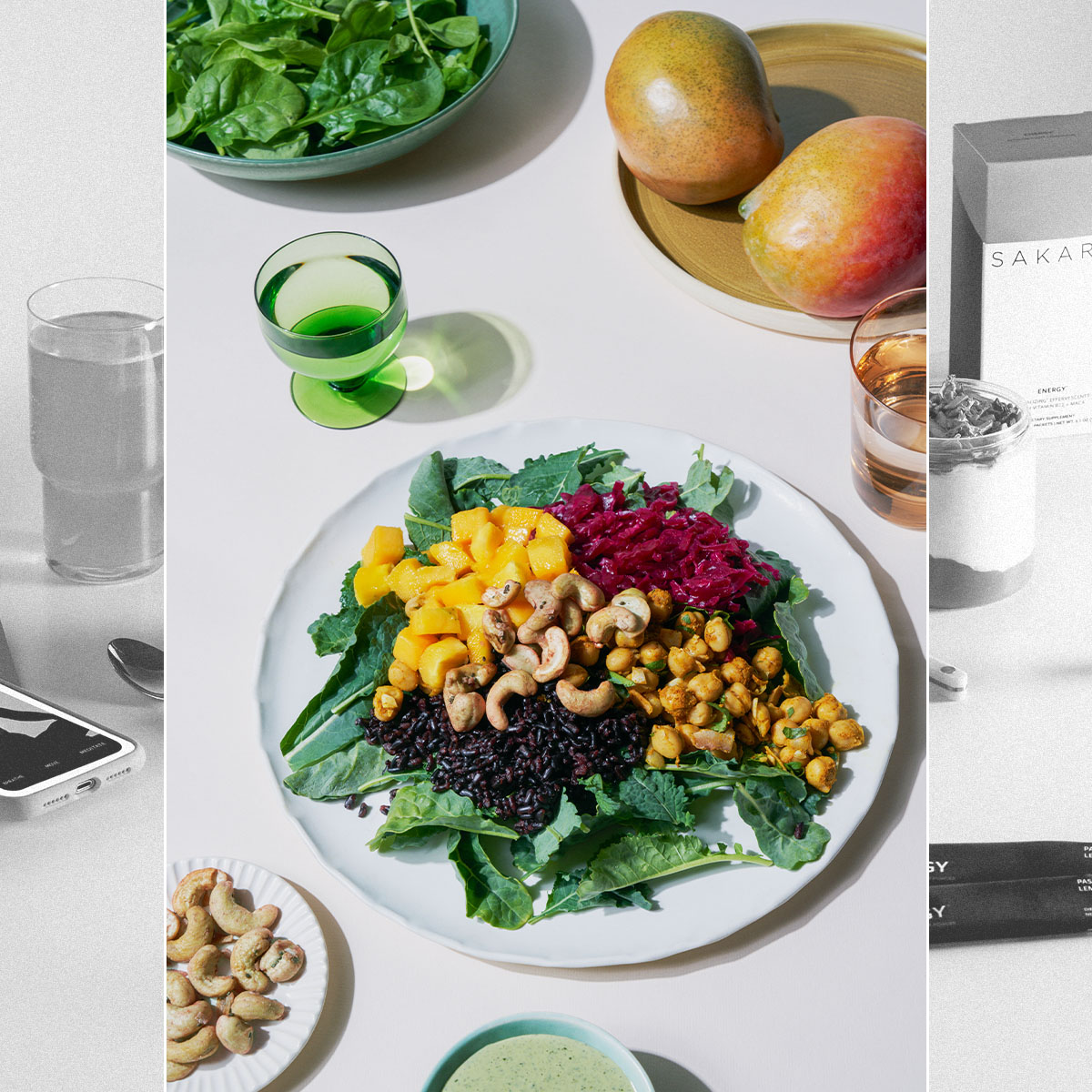 Bella Hadid and Gwyneth Paltrow Apparently Love Sakara Life, so We Tried It for 30 Days
Bella Hadid and Gwyneth Paltrow Apparently Love Sakara Life, so We Tried It for 30 DaysHere are our honest thoughts.
By Erin Jahns
-
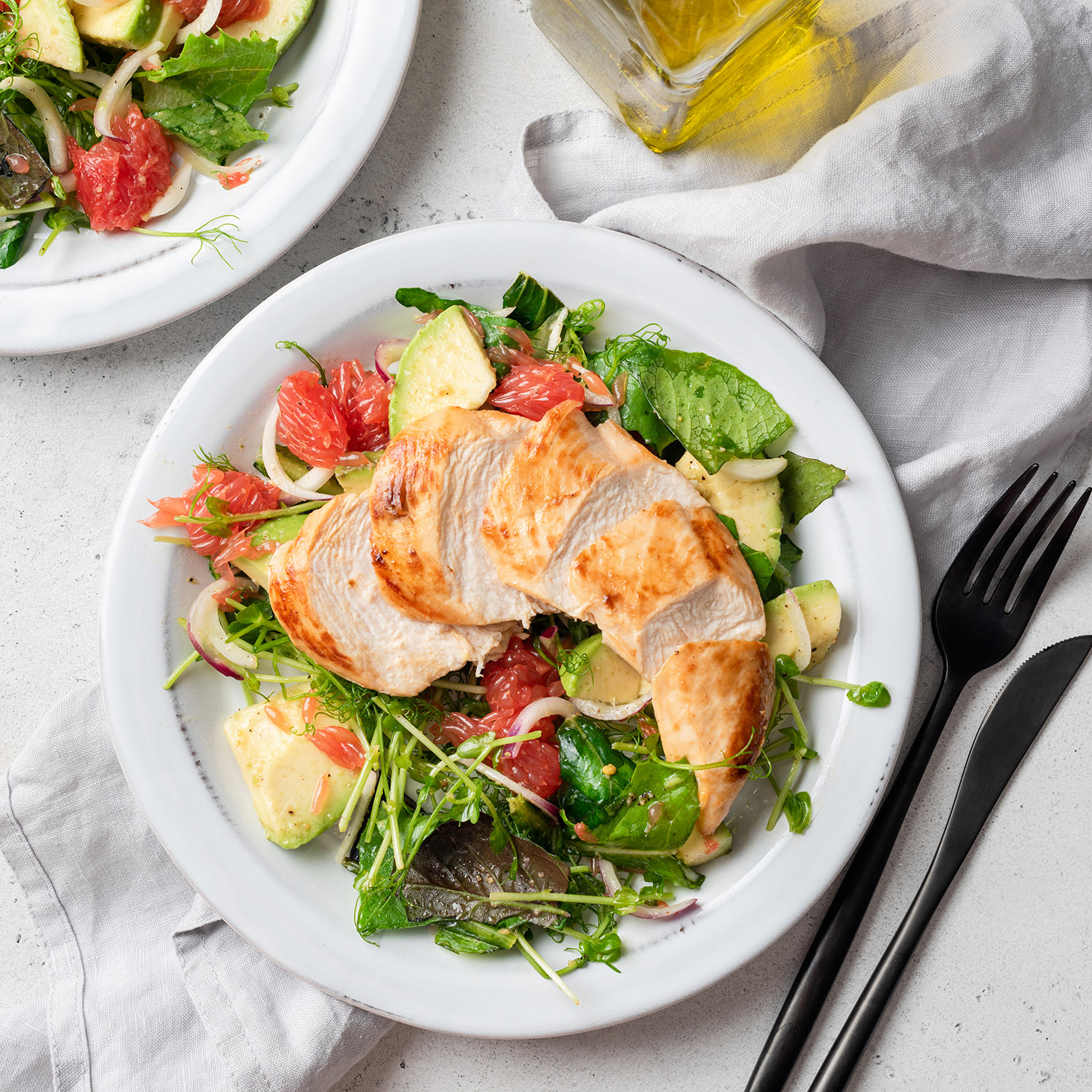 The 6 Warning Signs You're Not Getting Enough Protein
The 6 Warning Signs You're Not Getting Enough ProteinAnd what to eat to up your intake.
By Sarah Yang
-
 Everything This Professional Ballet Dancer Eats to Fuel Her for Performances
Everything This Professional Ballet Dancer Eats to Fuel Her for PerformancesHer grocery staples include high-quality French butter.
By Candice Aman
-
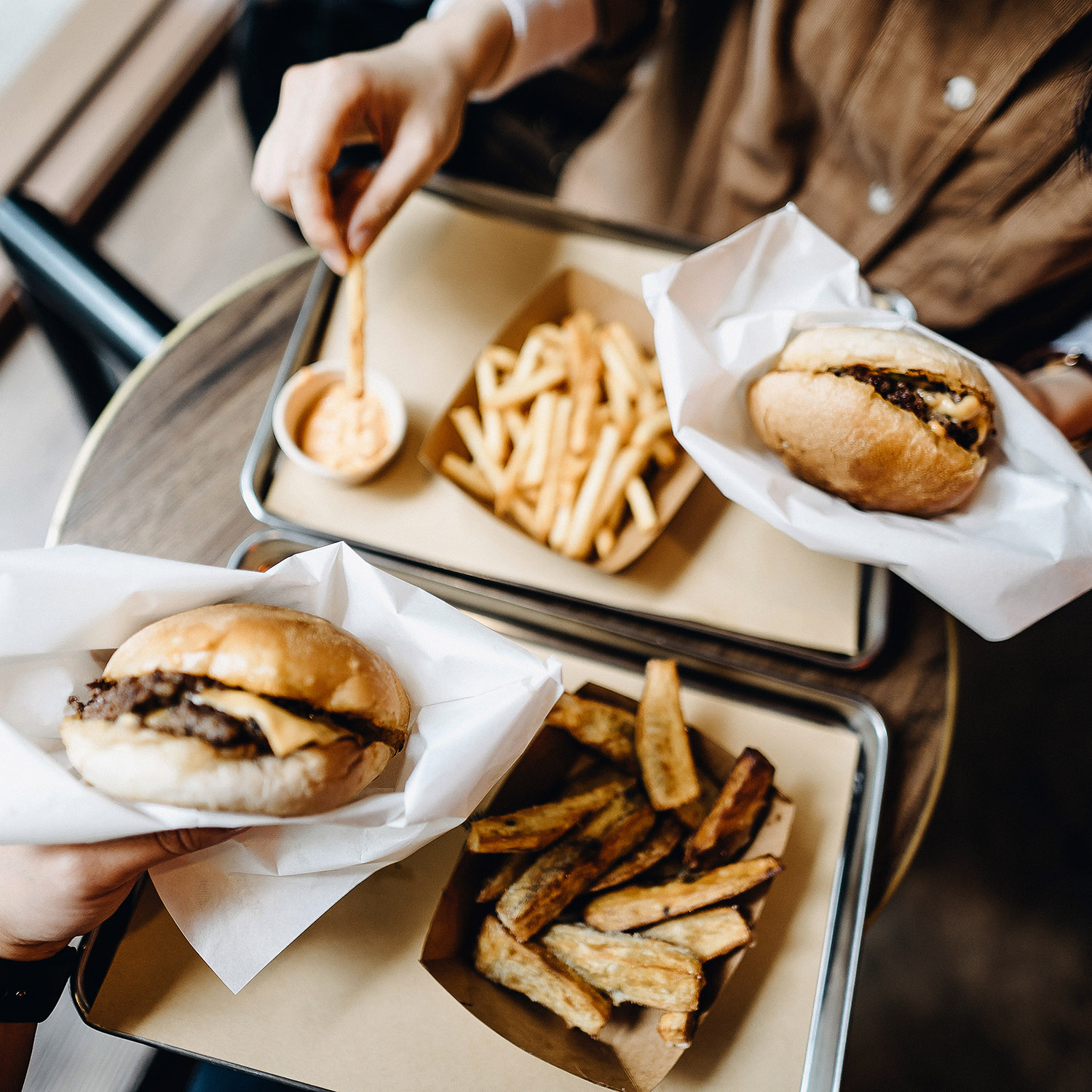 These 8 Foods Are the Worst for Rosacea—Here's What to Eat Instead
These 8 Foods Are the Worst for Rosacea—Here's What to Eat InsteadControl those flare-ups.
By Sarah Yang
